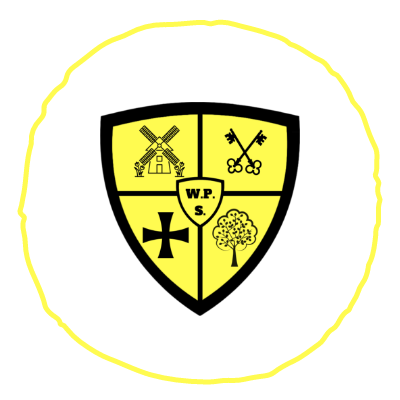PE
Aims (intent)
At Werrington Primary School, we recognise the importance that physical education plays in the curriculum (and the impact it can have on children’s lives) and are committed to providing all children with opportunities to engage fully in PE.
The aim of our PE curriculum is to develop children's basic physical competencies, build confidence in their ability and skills (across and a range of sports/activities) and build the foundations for a lifelong love of sport, physical activity and a healthy lifestyle.
At Werrington, the PE lessons that are delivered encourage children to compete against themselves and others whilst being challenged to improve their social and emotional skills. Due to our adoption of the Getset4PE scheme, the objectives that are taught align with the National Curriculum with the aim to ensure that all pupils:
- Develop competence to excel in a broad range of physical activities
- Are physically active for sustained periods of time
- Engage in competitive sports and activities
- Lead healthy, active lives
- Have the opportunity to cover each area of the PE curriculum (in their Key Stage)
- By the end of KS2, are ready for the next stage of their PE learning in KS3
- Learn values such as fairness and respect
- Build confidence and resilience
- Have access to PE lessons
As stated above, it is our intent at Werrington to teach children the knowledge and skills, which they will require to lead successful, healthy and active lives. In order to achieve this, we aim to deliver high-quality teaching and learning opportunities within PE.
Implementation
As mentioned above, we have recently adopted the Getset4PE scheme of work. This scheme allows the children at Werrington Primary School to access a clear progression of knowledge and skills as they progress through school.
In EYFS, PE is taught by Premier Sports, who focus on the Foundation Stage of the National Curriculum. This relates to the physical development of the children set out in the Early Learning Goals objectives.
In KS1 and KS2, the children have at least two high-quality PE lessons a week, which follow the prescribed Getset4PE scheme of work and subsequent lesson plans.
In a PE lesson you will see:
- A consistent approach of: an introduction to the lesson, a warm-up, skill development and a plenary
- An opportunity for collaboration and partner/team discussion
- Opportunities for the children to work independently and collaboratively
- Opportunities for the children to perform their acquired skills
- Opportunities for feedback from other children and the teacher
- Sport/activity specific vocabulary that builds on the children’s previous learning
- A clear progression in knowledge and skills from one-year group to the next
Impact
High-quality teaching and learning opportunities inspires all children to succeed in physical activity and competitive sport whilst at school. Furthermore, the impact of our curriculum at Werrington allows children to gain the knowledge and skills to lead successful, healthy and active lives. The impact of our PE curriculum allows children to reach their personal best, both physically and mentally. Furthermore, the impact of a high-quality PE curriculum will lead to more children reaching the expected standard for PE.
At Werrington Primary School, the PE curriculum is designed so that children can have access to a range of sports/activities. Within these sports/activities, there is a clear progression of knowledge and skills. Each area of PE has a progression ladder, which shows the learning that the children will access as they go through the school.
Our teachers assess the children’s work in PE, both by making informal judgements, as they observe them during lessons, and through assessing against the specific objectives set out in the National Curriculum and recorded using the assessment paperwork. We have clear expectations of what the pupils will know, understand and be able to do at the end of each Key Stage. Teachers are supported with resources (such as progression ladders and knowledge organisers) to know how to prepare children for their next phase of education.


